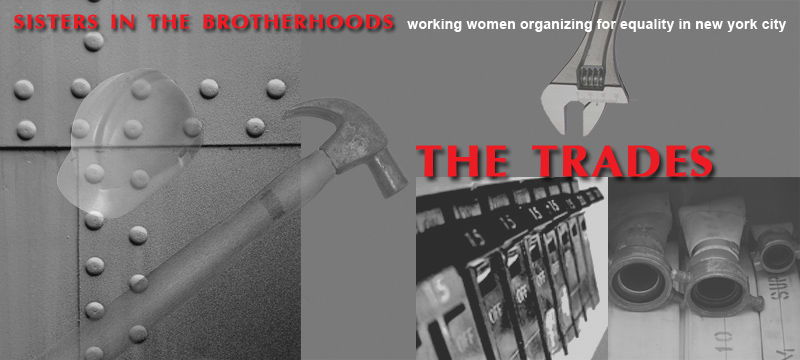 |
||||||
Switching Equipment Technician: Equal Opportunity and AT&T In 1970, American Telephone and Telegraph (AT&T) was the largest private corporation in the United States and the largest single employer of women. The communications monopoly had a reputation for progressive, forward-looking employment policies. The reality was that jobs were allocated along sex- and race-segregated lines. The National Organization for Women (NOW), created in 1966, had as one of its highest priorities the promotion of employment equality for white- and blue-collar women. A national task force formed by NOW and its activist chapters compiled data that documented discriminatory employment practices within AT&T. These findings were presented to the Equal Employment Opportunity Commission (EEOC), the federal agency responsible for investigating employment discrimination. Created in 1964, EEOC had no enforcement powers and was still trying to determine how to accomplish its mission regarding sex discrimination in the workplace. The agency selected AT&T as the ideal vehicle for challenging the employment practices of American corporations. In December 1970 the EEOC petitioned the Federal Communications Commission to reject a substantial long-distance telephone rate increase sought by AT&T. The petition argued that the increase would be unconstitutional and contrary to the public interest because the company had engaged and continued to engage in extensive violations of federal and state prohibitions against discrimination in employment. Under the decree filed in court, AT&T distributed $15 million to 13,000 women and 2,000 minority men. In 1973 the EEOC, the Department of Labor, the Department of Justice, and AT&T sign a landmark consent decree intended to eliminate discriminatory recruiting, hiring and promotion practices against women and minorities. AT&T also provided approximately $30 million in immediate pay increases for 36,000 women and minorities whose advancement in the Bell system had been hampered by discrimination.New career paths opened up for phone-company employees; men were encouraged to enter female-dominated positions such as telephone operator and clerk, while women became eligible to enter the skilled craft jobs and professional positions that formerly had been closed to them. Women in white-collar jobs received support and even official sanction for their organizing efforts, but women who entered skilled craft jobs encountered a hostile workplace environment and stonewalling from their elected union officials. Women in blue-collar jobs made some advances, but their numbers remained negligible. Management and the unions failed to prepare adequately for the entry of newcomers and for on-the-job issues that inevitably arose. The white men who held the skilled positions understandably felt threatened by the newcomers. Two unions represented the skilled craft workers at the phone company: the Communications Workers of America (CWA) and the International Brotherhood of Electrical Workers (IBEW). Most of the operators and clerks were represented by a loose patchwork of independent unions under the umbrella of the National Federation of Telephone Workers. Ilene Winkler was among the pioneering women who entered skilled craft jobs at AT&T in the wake of the consent decree. After completing six months of rigorous training, the women faced even greater challenges on the job, where issues of race and gender dominated the workplace. | ||||||
| ||||||
Copyright 2012 Jane LaTour/Talking History |
||||||